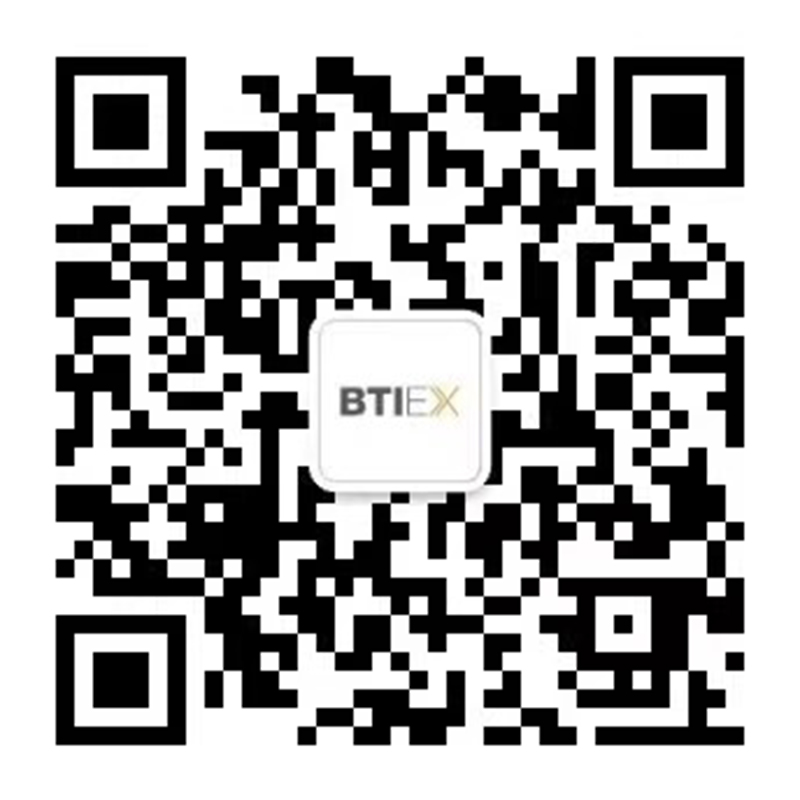Navigating Talent Acquisition and Retention in the Era of Remote and Hybrid Work

In the wake of the global shift towards remote and hybrid work models, talent acquisition and retention strategies have undergone significant transformations. With geographical barriers dissolved and work-life balance taking centre stage, organisations are redefining their approaches to attract and retain top talent in this new landscape.
Embracing Remote and Hybrid Work Cultures
Remote and hybrid work arrangements have emerged as more than just temporary solutions; they have become integral components of the modern workplace. Employers are starting to recognise the benefits of offering flexibility, not only in terms of geographical location but also in work hours and styles. Remote work allows companies to tap into a global talent pool, transcending geographical limitations and accessing diverse skill sets. Meanwhile, hybrid models provide the best of both worlds, offering the flexibility of remote work alongside the collaboration and camaraderie of in-person interactions.
According to a report by Gartner, “despite fears that remote and hybrid work would dilute organisational culture, most employees see the large-scale shift to flexible work as a net-positive for the culture of their organisation. In fact, 76% of newly remote and hybrid employees report a positive perception of the workplace.”
“Similarly, 64% of hybrid and 66% of remote employees say that their organisation’s culture has a positive impact on their job — compared to just 52% of on-site employees.”
It is no surprise that remote and hybrid work cultures seem to be favoured, and this will be seen as a point of consideration when exploring career opportunities and organisations that want to continue to attract talents who are the ‘cream of the crop’ and talents with niche skillsets will continue to integrate such work cultures into their employee value proposition. The privilege of being in executive search is the market insights on candidate preferences, and it is safe to say that remote and hybrid work culture is here to stay and remains a prime deciding factor for candidates, even taking precedence over monetary returns, designation and other factors that were once considered the main decision drivers.
Impact on Talent Acquisition
The shift to remote and hybrid work has fundamentally altered the talent acquisition landscape. No longer bound by proximity, organisations can cast a wider net when searching for candidates. This opens opportunities to recruit individuals with unique skills and experiences that may not be readily available locally. Additionally, remote work appeals to a broader demographic, including caregivers, individuals with disabilities, and those seeking greater work-life balance. By embracing remote and hybrid work cultures, companies can position themselves as attractive employers, thereby enhancing their ability to attract top talent. For instance, in the area of accounting and finance, specifically within the Global Business Services industry, some employers provide a remote working arrangement for native language speakers to be based out of their home country, whereby, before the existence of remote working arrangements, the role would have been based physically out of Malaysia.
Challenges and Solutions
However, remote and hybrid work arrangements also present challenges in talent acquisition and retention. Building a cohesive team and fostering a sense of belonging can be more difficult when employees are physically dispersed. Moreover, the lack of face-to-face interaction can hinder rapport-building during the recruitment process. In order to address these challenges, organisations must invest in robust communication and collaboration tools to facilitate seamless interactions among remote and hybrid teams. Additionally, prioritising cultural fit during the hiring process can help ensure that new hires align with the company’s values and objectives, regardless of their physical location. Some solutions we implemented included having weekly huddles, more frequent virtual engagements such as virtual lunches and celebrating important festivities, and utilising certain tools to engage and drive culture.
Talent Retention Strategies
Retaining top talent in a remote or hybrid work environment requires a proactive approach. Offering competitive compensation and benefits remains crucial, but organisations must also prioritise employee well-being and professional development. Providing opportunities for remote employees to connect through virtual events, mentorship programs, and online communities can help foster a sense of belonging and combat feelings of isolation. Moreover, investing in upskilling and reskilling initiatives demonstrates a commitment to employee growth and career advancement, thereby increasing retention rates.
A survey carried out of the top 300 HR decision makers in UK cites that retaining talent is the biggest challenge, whilst another survey of CEOs in the U.S. carried out by IWG the world’s largest provider of flexible workspaces and hybrid work solutions with brands including Regus and Spaces showed a staggering 89% preference towards a hybrid work model.
Cost savings, heightened internal reputation among the workforce, employee happiness, employee productivity and certainly a higher talent attraction and retention were among the benefits within their respective organisations comparatively to other organisations and competitors within the industry who opted to bring the workforce back into the office on a full-time basis.
42 years of partnerships with our clients and providing industry-specific expertise and experience, BTI Executive Search has and continues to be a lever of influence in providing specific insights to advise organisations on best practices in retaining talents at a macro-level or within specific industries, given the heightened need to have a higher degree of work-from-home and hybrid work modes. Clients experienced a better overall employee value proposition in attracting and acquiring talents, reduced attrition rates and retention of talents and work knowledge within the organisation, and elevated employer branding within the market.
Conclusion
The link between remote and hybrid work cultures and talent acquisition and retention is undeniable. By embracing flexible work arrangements, organisations can access a broader talent pool, enhance their employer brand, and foster a more inclusive and diverse workforce. However, success in this new era requires a strategic approach that prioritises effective communication, cultural alignment, and employee well-being. Investment in communication and engagement tools remains a critical resource for both talent acquisition and retention. By thoughtfully navigating these challenges, organisations can position themselves for long-term success in attracting and retaining top talent in the evolving world of work.
At BTI Executive Search, we are committed to partnering with your organisation through this transition, ensuring your organisation is at the forefront of leveraging insights in driving talent acquisition and retention via brand advocacy which stems from cultivating a dynamic work environment.
Written by Matthew Chang, FCCA, C.A. – Director of Corporate Services (Commerce & Industry) & Global Business Services of BTI Executive Search Malaysia
An experienced and well-versed professional, Matthew has achieved remarkable success in placing accounting, finance, human resources, and sales & marketing professionals across all levels. As a Chartered Accountant with a Big 4 accounting firm combined with a Bachelor’s Degree (Hons.) in Accounting & Finance, he has also successfully partnered with clients on pioneering projects such as setting up and scaling Global Business Service Centres in Malaysia. Matthew takes pride in advising and providing solutions to clients for successful placements that bring lasting value – making him an invaluable asset for any business!
Matthew is a Chartered Accountant, and a Fellow Chartered Certified Accountant (FCCA).
Connect with Matthew today and transform your business insights!





